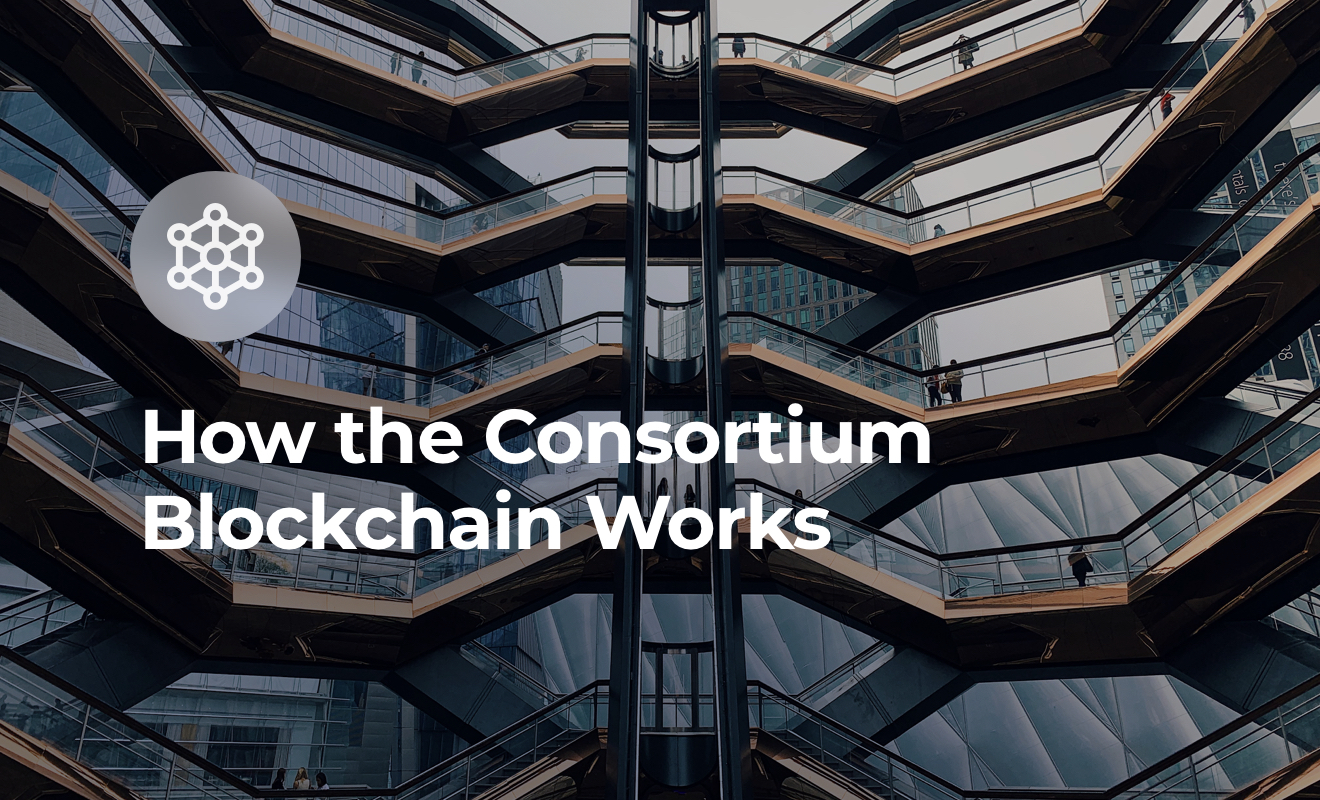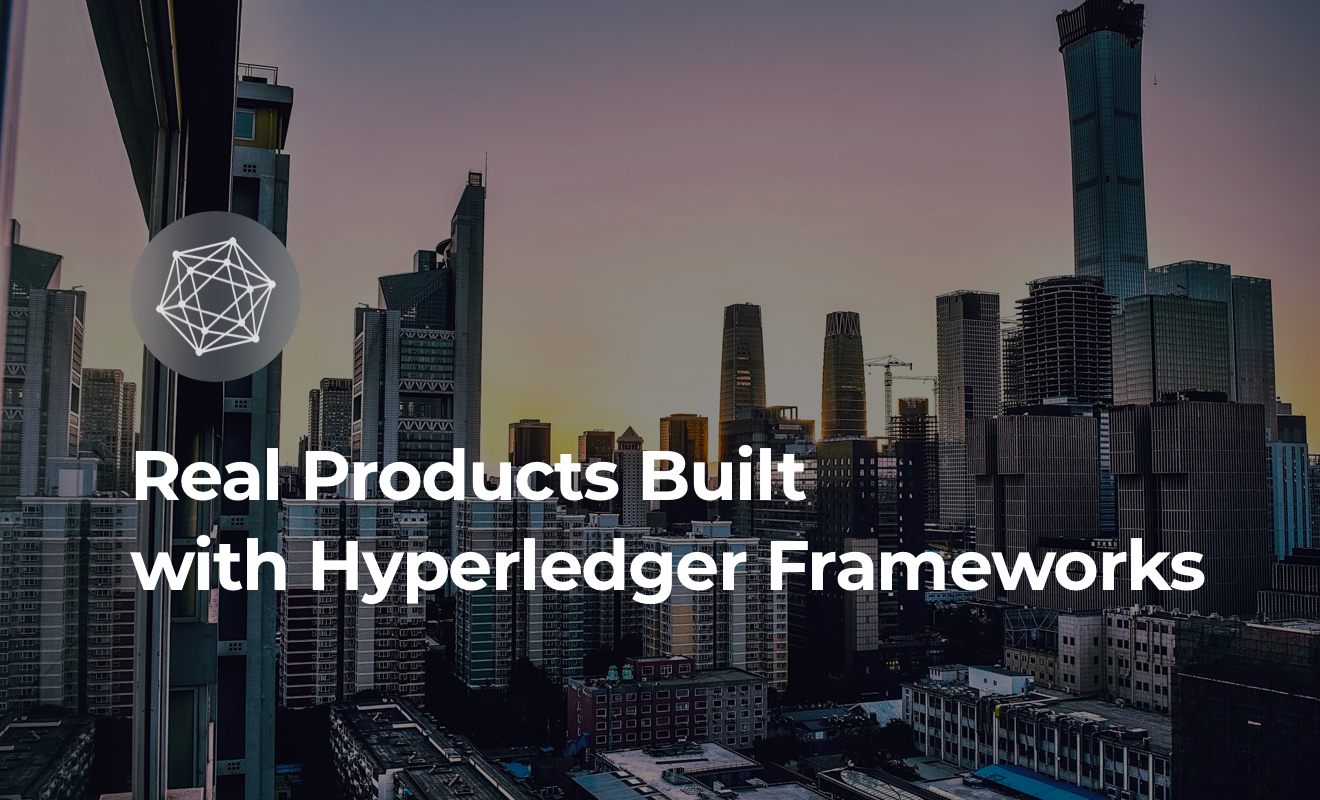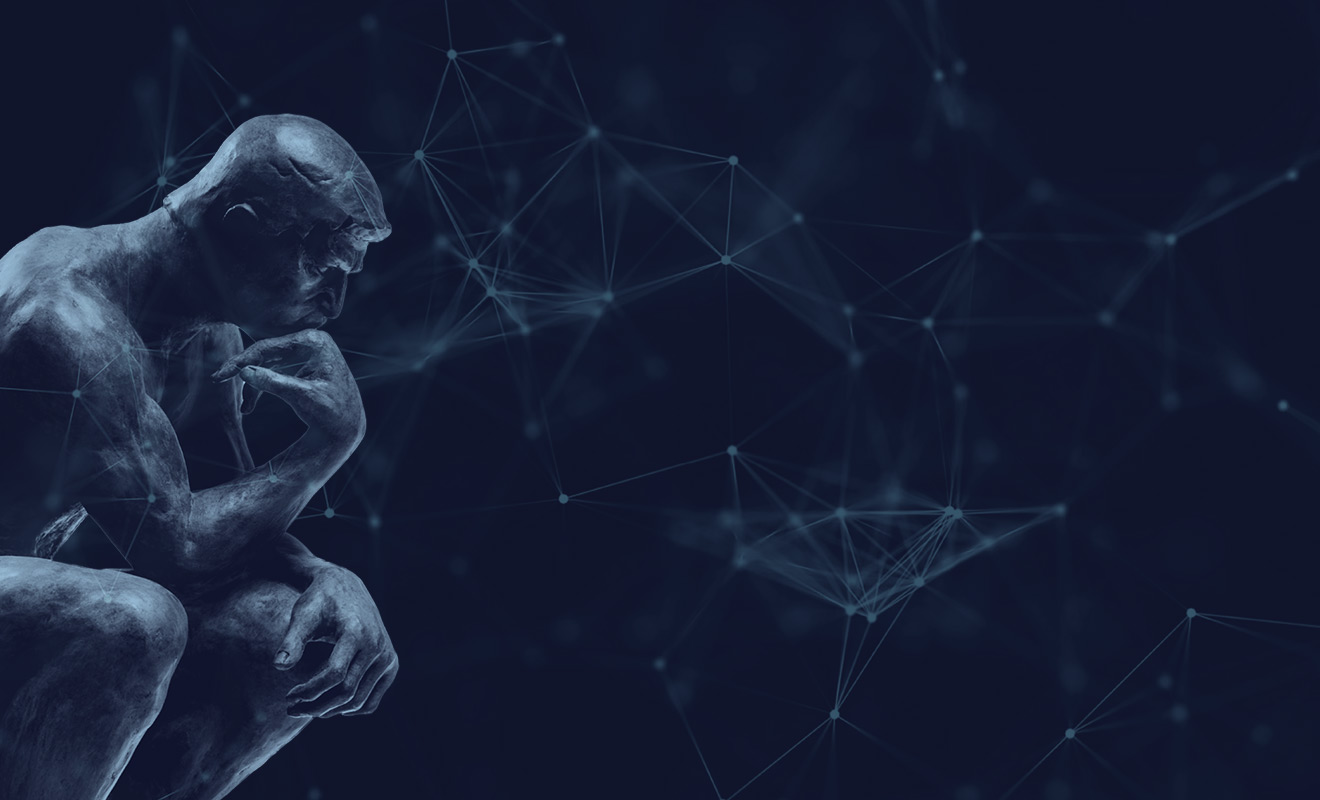
How the Consortium Blockchain Works
September 25, 2019
Corda and Real Businesses Built on Top of This Framework
August 23, 2019

President and Chief Architect at Topl, Chris leads the design of Topl’s blockchain platform. With degrees in Mathematics, Chemical Physics, and Philosophy from Rice University, he has a deep interest in the application of new technologies to economic and financial problems and values the potential for new economic systems to improve standards of living around the world.
In advance of his talk “Beyond DAPPS, building an application protocol” at Rethink Trust engineering conference taking place in Amsterdam on June 29th, we spoke to Chris about the early days of Topl and starting a business in Europe as well as Topl workshop at Rethink Trust.
Chris: The idea for Topl came from conversations that first began inside the Center for Computational Finance and Economic Systems (CoFES) at Rice University. The core of the idea at the time was to lower investment barriers and drive down the cost of capital for businesses in developing countries through innovative, well-designed technologies.
Chris: We chose to incubate in Europe to expand our ecosystem and network as well as reach new partners and potential talent. Blockchain projects are by their very nature more public and community-focused than companies in most other areas of technology. Therefore, it was important for us to reach a broad community. Being part of vibrant ecosystems in both the Limburg (Netherlands) and Austin (USA) allowed us to do just that.
Chris: The developing world is exciting for Topl because of the dual potential it has. It’s one of the few areas a company can operate in if you hope to have both a significant economic impact as well as a major social impact. The economic potential in the developing world is vast and large yet untapped, at the same time, there is a great deal of social progress and human advancement still waiting to happen in these regions. At Topl, we hope to help drive both of these phenomena.
Chris: Truthfully the major driver for Topl working with Scala is our branching of the Scorex 2.0 blockchain project which is written in Scala. However, we chose to build on top of this project because of the conciseness and robustness that comes from a functional programming language. Scala’s close relationship to Java means that we can take advantage of an extensive catalog of Java libraries.
Additionally, Scala compiles to Java bytecode which runs in the Java Virtual Machine, a highly mature and secure runtime environment. Use of the JVM also allows the Topl blockchain to be run on a wide range of machines, including low power computing devices. Finally, the use of Scala provides several key advantages which enable developers to spend less time learning nuance and more time writing meaningful code.
For core developers, this advantage manifests through the high modularity and increased reusability of code resulting in a codebase which is only approximately four thousand lines of code. For smart contract developers, we again leverage the JVM runtime environment to enable smart contracts to be written using Javascript. This choice is not only one of convenience but makes development on the Topl protocol accessible to an incredible number of developers already familiar with Javascript. Topl’s use of Scala stems from the need for a modular, highly scalable blockchain that can be shaped to our needs both now as a young fast-moving startup and later as a mature robust investment protocol empowering growth around the globe.
Chris: As most people well versed in the blockchain space know, there are a number of common technical problems that all blockchains face. For the most part, these problems have been sidestepped by corporations through the use of private-permissioned blockchains. While functional, private-permissioned blockchains do not offer the same level of security or transparency as public-permissionless blockchain protocols. As an alternative to this, Topl has developed the Edda framework, one of the few blockchain frameworks for public-permissionless blockchains. It’s our hope that together with corporate and research partners we can continue to improve Edda to the point where the sacrifices made by choosing private-permissioned blockchains are no longer necessary.
Chris: Topl will be teaching a workshop on its Edda blockchain framework. Anyone interested learning more about blockchain design or anyone interested in deploying their own application-specific blockchain should join us!
Chris: We believe that the community is an essential part of any blockchain project because any good blockchain project is open-source. While internal development is important, no purely private effort can ever match the scale and power of a vibrant open-source community. Both our own blockchain as well as the entire Edda framework are open-source. If you believe in what we’re trying to do, I invite you to join us on Github.
Don’t miss Chris Georgen and his talk “Beyond DAPPS, building an application protocol” at Rethink Trust in Amsterdam on June 29th. Book your ticket now.


